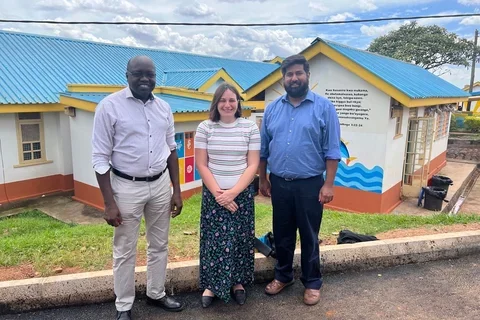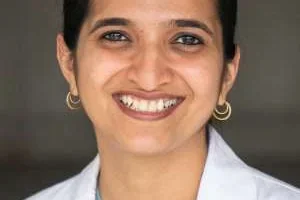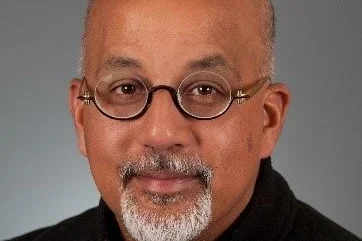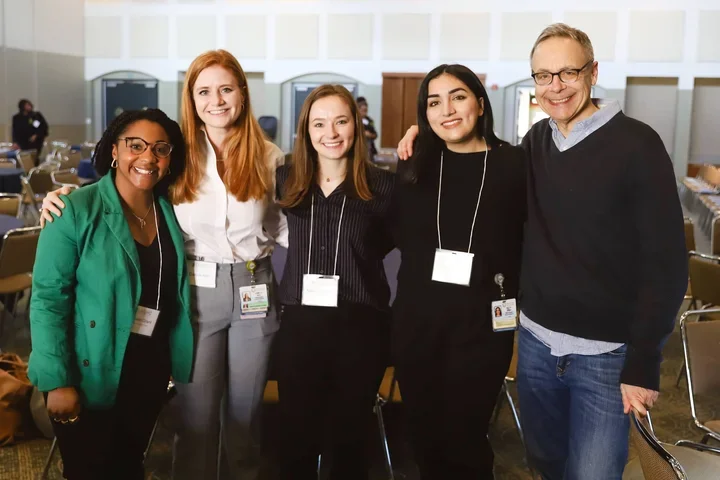A Spotlight on the New Global Neurology Track

Dr. Rajarshi Mazumder is a DGSOM faculty member in the Department of Neurology who spearheaded the creation of a Global Neurology Track for neurology faculty and trainees to address barriers to neurological care globally. The Track focuses on training for residents in both research and clinical skills. Residents can spend up to six months of elective time during their final year of training to focus on global health endeavors with an international partner. We asked Dr. Mazumder to share with us more about this exciting new Track.
What are the educational goals of the Global Neurology Track?
Dr. Mazumder: Our educational goals are three-fold: 1) provide mentorship and resources for trainees who wish to pursue a career in global health; 2) connect with a community of neurologists at UCLA who are active in global health; and 3) provide knowledge to advance sustainable neurological care for underserved populations in low- and middle-income countries (LMIC). Mentorship for our trainees serves as the center point of the program. Residents identify a local mentor at the international partner site and at UCLA, while also receiving mentorship from our leadership team. Each resident is expected to carry out a capstone project that they will complete at the end of the program.
We also hold quarterly meetings and group discussions on topics such as ethical principles of clinical and research practices in resource-limited settings and navigating personal, financial and security challenges in global health. Given that neurology is practiced as a specialty around the globe, we are currently developing a model for sustainable practice within systems where there are very few or no specialists. Our hope is to continue to refine our curriculum to focus on the unique needs and challenges of neurological care in LMICs.
What are some of your other goals with the Global Neurology Track?
Dr. Mazumder: We hope to expand our bilateral educational exchange program to offer training opportunities to trainees at our partner institutions. This would also include sharing of resources and increasing transnational collaborations to the substantial barriers in diagnosing and treating neurological disorders.
Dr. Mazumder, could you share who your existing partners are?
At present we have three partnerships that are the result of ongoing collaborations with neurology faculty: National Institute of Neurology and Neurosurgery (Mexico City, Mexico), Makerere University (Kampala, Uganda), and the University Teaching Hospital (Lusaka, Zambia). Supported by philanthropic funding, the program in Mexico City is unique in that it offers bilateral exchange of trainees between the two institutions, which is what we strive for.
We also have a fourth partnership with Hospital Arco Iris (La Paz, Bolivia), which was developed by one of our clinical fellows, Dr. Michael Connerney. Our global health track allows our trainees to pursue opportunities to expand their skills and collaborations during residency and fellowship training with the hope of sustaining that partnership over time.
Have you encountered any challenges in creating the Track?
Dr. Mazumder: Global health work is costly due to travel and living expenses. Travel support provided by DGSOM’s Global Health Program has been helpful in overcoming this barrier to doing global health work. We have also received significant curricular, administrative, and logistical support from the Global Health Program and from the Internal Medicine Global Health Track. The Neurology Department has also been very supportive of our efforts.
What advice would you give to others who are trying to create a global health track for residents?
Dr. Mazumder: I recommend working with other departments who have already established a global health track. We consulted our colleagues in the Internal Medicine Global Health Track, and they have been a valuable resource as we developed the Global Neurology Track.
To learn more, visit the Global Neurology Track website.
Photo caption: Colleague in Uganda (left) with UCLA's Dr. Jessica Pasqua (center) and Dr. Rajarshi Mazumder (right).



